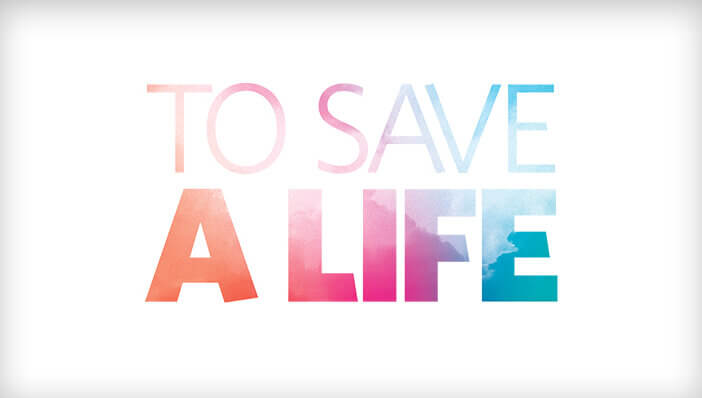
Ask any millennial and they’ll tell you that older generations have no problem labeling young people today as lazy, entitled and self-absorbed. Now while all of that may be true in some cases, a new study suggests that the daily pressures of teens and young adults is resulting in a depressed generation.
Published in the Journal of Pediatrics in November, the study reported an exponential increase in the number of young people between the ages of 12 and 20 who have reportedly experienced Major Depressive Episodes (MDE).
Researchers found that the number of young people experiencing MDE’s jumped from 8.7 percent in 2005 to 11.5 percent in 2014, a staggering 37 percent increase overall.
Clinically, an MDE lasts at least two weeks and is defined as a constant, 24/7, low mood.
The most notable symptoms include low self-esteem, loss of interest in typically enjoyable activities, and problems with sleep, energy, and concentration.
But despite the steep increase, national data and surveys suggest that there has not been a corresponding increase in mental health treatment.
Twenty-one-year-old college student Collin Kirdahy was diagnosed with clinical depression at just 13 years old.
He says the key to bridging the gap, is conversation.
“We need to encourage young people to get the help they need, we need to talk openly about mental health issues and provide treatment — of all sorts. Schools, communities, home settings, there needs to be options for kids, because it’s just too much,” he urges.
Despite the proven rise in teen depression, the study, which analyzed data from the National Surveys on Drug Use and Health, reported that there has not been a corresponding increase in mental health treatment for adolescents and young adults.
This means that while there’s a growing number of teens and young adults experiencing major depressive episodes, the majority of them are not seeking help or treatment.
“According to the Department of Health and Human Services, more than three million adolescents aged 12-17 reported at least one major depressive episode in the past year, and more than two million reported severe depression that impeded their daily functioning,” TIME Magazine reports.
California’s largest school district, Los Angeles Unified, began documenting reports of suicidal incidents eight years ago. During the 2010-2011 school year, the district documented 225 incidents of suicidal behavior. Last year, that report exceeded 5,000 incidents of suicidal behavior in just ONE school year.
Research shows that more than 30 percent of high school students in the district have expressed feelings of prolonged hopelessness and sadness lasting more than two weeks. With 8.4 percent of the district’s high schoolers actually attempting suicide, there’s no question that young people are in desperate need of help.
If you or someone you know is battling depression, you are not alone.
Depression hurts, but there are millions of people out there who know that you don’t have to suffer in silence.
